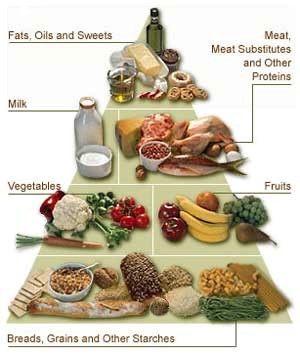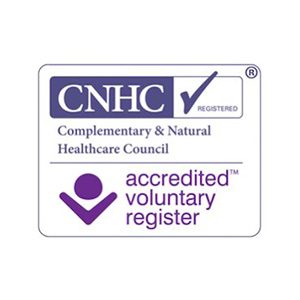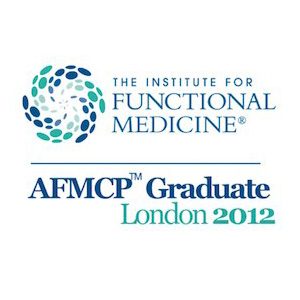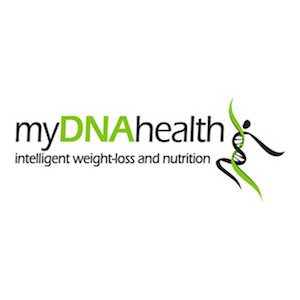
Top 5 Cholesterol busters
We’ve all been there, sat in the Doctor’s office, having our likely overdue check up, with blood pressure checks, cholesterol levels and BMI all being scrutinised.
So what do you know about cholesterol?
Once your blood sample has been taken, it’s important to understand what those numbers mean in your results!
Firstly, there’s the good and the bad – HDL and LDL – HDL is the good cholesterol and LDL is the bad and they relate to high-density and low-density lipoprotein, which is the combination of cholesterol and protein in your blood. It’s important to keep both in check to keep your cholesterol at a healthy figure.
Now it’s not all doom and gloom because we do need cholesterol in our bodies, often from the adverts we see it is portrayed as a monster, but the fatty lipid is necessary for our bodies to function normally.
However, having high cholesterol is linked to increased risk of cardiovascular disease and strokes, with the British Heart Foundation stating that high cholesterol is one of the main risk factors for developing heart disease, so it’s time to get your health in check and keep that cholesterol low!
Fortunately, there are ways in which you can keep your cholesterol in check and your heart healthy using food and diet.
1. Eating a diet high in Omega 3 fats will increase HDL and lower triglycerides (lipids in the blood) as well as reduce inflammation. Inflammation is a key factor when it comes to high levels of cholesterol. Getting inflammation under control will have an impact on many other health factors as well as reducing LDL.
Try to include foods like avocado’s, oily fish such as salmon (wild preferably – not farmed), almonds, walnuts and brazil nuts. Sunflower seeds and pumpkin seeds are also high in Omega 3 fats. Nuts also contain lots of calcium and magnesium which helps to increase HDL cholesterol. Eating nuts as a healthy snack or incorporating them into your daily diet can help to reduce cholesterol levels.
2. Eating less red meat and saturated fats and consuming more vegetable protein such as legumes (peas, beans and lentils). Studies have shown that eating half a cup of legumes or pulses each day can reduce LDL cholesterol levels and the risk of heart attack by up to 6%. As well as providing lots of fibre and protein, pulses are an important plant protein especially if you are vegetarian or vegan and animal protein intake is low.
3. Wholegrains instead of refined grains are better for reducing cholesterol. Wholegrains such as oats (proper oats not processed oats!) and barley or rye are much healthier options than white flour products such as white bread, white pasta and white rice. If you include wholegrain pasta, wholegrain oats and brown rice in your diet, you will be consuming more fibre which helps. Oats also contain beta-glucans which are known to lower LDL cholesterol.
4. Berries and fruits can be helpful as they provide powerful antioxidants and plenty of soluble fibre. Soluble fibre works by forming a gel in the gut which then binds with bile acids and stops them being absorbed in the body. Fruits such as apples, blueberries, strawberries and grapes are important to incorporate in the diet and will help to sweep the digestive system, keeping your gut health happy too.
5. Garlic is well known for its antibacterial properties but also has powerful properties that help to reduce LDL levels and have an impact on lowering blood pressure. In studies carried out on rats with high cholesterol, Garlic has been known to reduce LDL levels and lipid levels. It is difficult to consume garlic without the effect on your breath! Often people prefer to use a supplement rather than eat lots of garlic cloves, but it’s an easy way to incorporate a cholesterol reducing food into your cooking too.
Nutritional therapy is a form of dietary, nutritional and lifestyle support to help you achieve your health and weight loss goals. Natural Solutions can help you to adapt your lifestyle to fit around your work and family commitments helping you to achieve your health goals.
Book a free 15 minute consultation here to chat through your concerns and create a plan for your future health and wellbeing.









